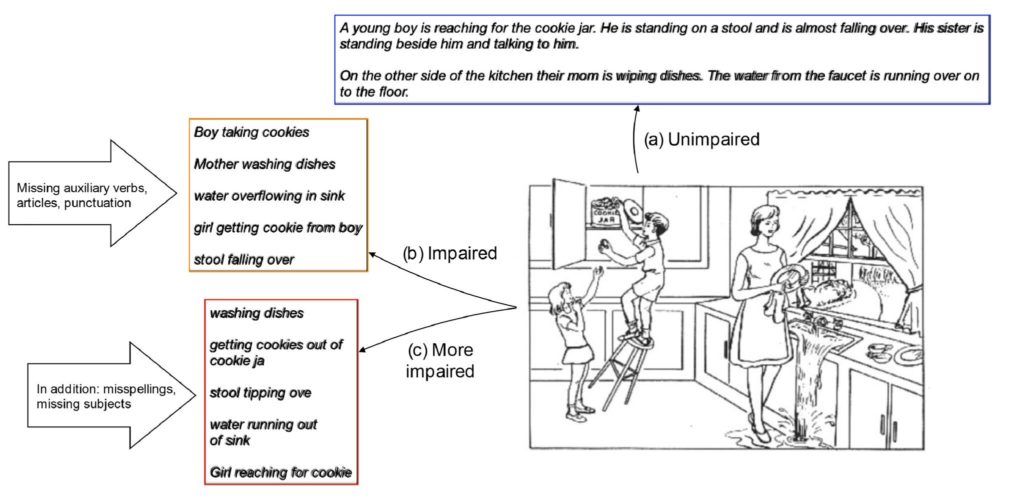Posts Tagged ‘clinical-diagnosis’
Study: Artificial intelligence program identifies linguistic markers that predict, with 70% accuracy, who gets Alzheimer’s Disease years later
Alzheimer’s Prediction May Be Found in Writing Tests (The New York Times): … the researchers looked at a group of 80 men and women in their 80s — half had Alzheimer’s and the others did not. But, seven and a half years earlier, all had been cognitively normal.
Read MoreNew online cognitive self-assessment by Cogniciti (Baycrest): a thermometer for the mind?
Baycrest memory experts launch ‘thermometer’ for the mind (Press release): “According to the test’s creators, the majority of people will score in the normal, healthy range for their age – which will help reassure the “worried well”. For the small percentage (approximately 2 — 3%) that scores below average for
Read MoreAlzheimer’s Early and Accurate Diagnosis: Normal Aging vs. Alzheimer’s Disease
(Editor’s Note: I recently came across an excellent book and resource, The Alzheimer’s Action Plan: The Experts’ Guide to the Best Diagnosis and Treatment for Memory Problems, just released in paperback. Dr. Murali Doraiswamy, one of the authors and leading Alzheimer’s expert, kindly helped us create a 2‑part article series to share with SharpBrains readers…
Read MoreShall we question the brand new book of human troubles
With three years still left until publication, the fights over the new version of the psychiatric diagnostic manual, the DSM‑V, are hotting up and The New York Times has a concise article that covers most of the main point of contention. — “What you have in the end, Mr. Shorter said, “is this process of…
Read More

